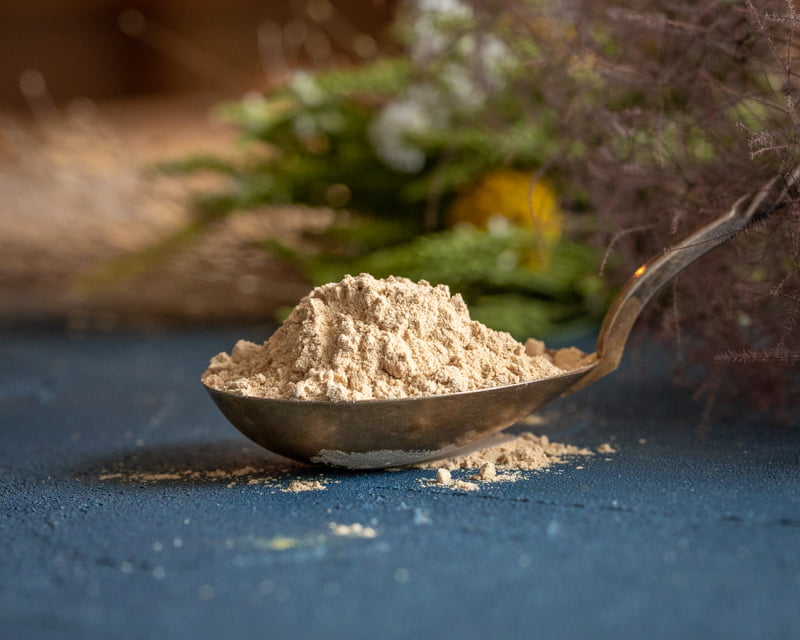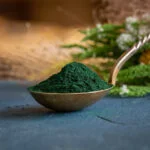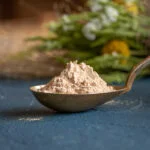Organic Peruvian maca powder
From 1.93€


Lepidium meyenii (maca) is native to the high Andean regions of South America, especially Peru. It has been revered for thousands of years by indigenous peoples for its exceptional nutritional and healing properties. Maca has a rich history dating back to the Inca civilisation, where it was cultivated and considered a sacred crop. It thrives in the harsh conditions of the Andes, at an altitude of 13,000-15,000 feet, where few other plants can survive. Traditionally, local people have gathered and consumed maca as food and as a powerful natural remedy for a variety of ailments.
Traditionally, Maca has been used
Indigenous populations have used maca to combat altitude sickness, boost energy levels and increase stamina, especially during strenuous activities at high altitude.
Maca has been used as an adaptogen to help the body adapt to stress.
In traditional medicine, it was believed that maca could improve fertility and libido in men and women. It has been used as a natural aphrodisiac.
Some indigenous communities have used maca to improve mood and mental clarity, possibly due to its adaptogenic properties.
In recent years, maca has gained popularity around the world and research has confirmed many of its traditional uses.
Attention
Digestive problems Consumption of large amounts of maca may cause digestive problems such as gas, bloating or diarrhoea.
For those with hormonal disorders, please be careful.
Use of
Maca powder can be blended into smoothies, cereals, porridge, yoghurt or used as a natural sweetener in recipes.
Maca powder can be taken with water, juice or a vegetable drink. The powder can also be mixed with food.
For adults, the recommended intake is between 3-9 grams (1-2 teaspoons) for a healthy person weighing around 70 kg.
Children over 12 years of age can eat 1-2 teaspoons (3-6 grams) of maca powder per day.
NOTE. The information contained herein should not be construed as a recommendation for treatment or other health issues. We encourage you to make personal decisions about your personal health, taking into account a wide range of sources of information.
Organic Maca (Peppermint) Root Powder 100 %
Energy 389 kcal / 1647 kJ
Fat 0,6 g
- of which saturates <0.01 g
Carbohydrates - 71.4 g
- of which 32,1 g of sugar
Fiber - 7,1 g
Protein - 14,3 g
Salt <0,01 g
Store in a cool, dry place.



